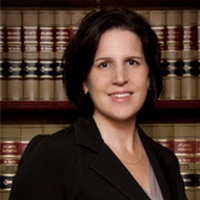Mercer County, NJ Divorce & Family Law Lawyers
Sponsored Law Firm
-
 x
x

Click For More Info:
-
Hulse & Wynter, LLC
1624 Jacksonville Road Suite 1 Burlington, NJ 08016» view mapDivorce & Family Law 40 Years of Experience
The attorneys at Hulse & Wynter offer reliable legal solutions to individuals and businesses in the areas of real estate, family, probate, bankruptcy and business law.
800-611-9690
Brian James Duff
✓ VERIFIEDI am privileged to be able to practice law in the local community where I was raised and still reside. I am proud to be able to offer quality, afforda... (more)
Robert G. Swan
✓ VERIFIEDRobert G. Swan is a former Assistant Prosecutor in Mercer County who now has a general law office that places emphasis on Criminal, Family, Divorce, B... (more)
Candyce I. Smith-Sklar
✓ VERIFIEDCandyce Sklar-Smith is a practicing Bankruptcy lawyer with over 10 years of experience. Ms. Sklar-Smith is licensed in both New Jersey & Pennsylvania.
FREE CONSULTATION
CONTACTFREE CONSULTATION
CONTACT Gracy Wynter Burlington, NJ
Gracy Wynter Burlington, NJ AboutHulse & Wynter, LLC
AboutHulse & Wynter, LLC Practice AreasExpertise
Practice AreasExpertise



